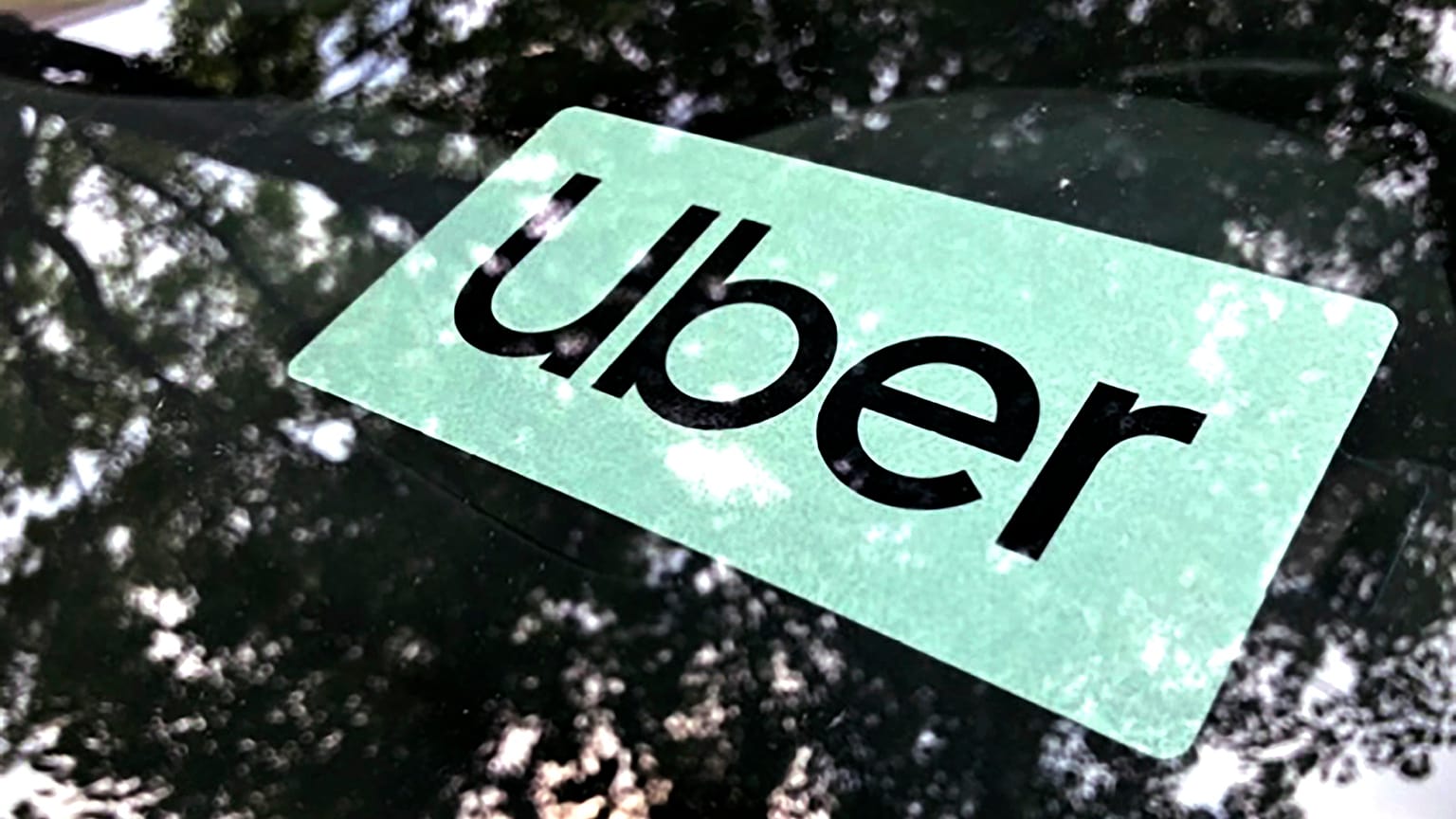The European Parliament and the Council struck on Thursday a new deal on a draft law to improve the conditions of platform workers, after the previous agreement had been derailed in a last-minute revolt.
The provisional deal is part of a concentrated push to wrap up all pending legislative files by the end of the month, the cut-off date imposed by the upcoming EU elections.
 ADVERTISEMENT
ADVERTISEMENT
 ADVERTISEMENT
ADVERTISEMENT
"After many hours of negotiations, I am glad to see that we reached a provisional agreement today. It is a balanced text that protects workers, good employers and provides for a European level playing field," said Elisabetta Gualmini, the socialist MEP who led the talks. "It will also be the first time that we will have EU rules on algorithmic management in the workplace."
Thursday's outcome, however, still needs to be ratified by member states, an outcome that is far from guaranteed given the entrenched resistance that the law has faced in some corners of Europe. France, in particular, is seen as adamantly opposed.
First presented in 2021, the Platform Workers Directive (PWD) aims to improve the working conditions of those who service apps such as Uber, Deliveroo and Glovo and are often treated as self-employed despite being under rules similar to ordinary employees.
The text's centerpiece is a novel system of legal presumption that would readjust the status of platform workers if they meet a certain number of criteria, or conditions, in their day-to-day businesses, such as being forbidden from servicing a competitor app or being compelled to follow norms on appearance, conduct and performance.
Brussels estimates that about 5.5 million of the 28 million platform workers currently active in the European Union are misclassified and would therefore fall under the legal presumption. Doing so would make them entitled to rights like minimum wage, collective bargaining, work-time limits, health insurance, sick leave, unemployment benefits and retirement pensions – on par with any other regular worker.
Since the presentation of the directive, the legal presumption has come under intense scrutiny, not only by the platforms themselves, who fear ballooning costs to accommodate the updated status, but from liberal and right-wing governments wary of increasing administrative burden and slowing down the so-called Gig Economy.
Member states spent months trying to converge their various viewpoints and agreed on a common mandate in June last year, which added a provision to grant national authorities the "discretion of not applying the presumption" in certain cases.
The Parliament, by contrast, opted for a maximalist, workers-friendly position that made it harder for platforms to circumvent the legal presumption, strengthened the transparency requirements on algorithms and ramped up penalties for non-compliance.
The deep gap between the two institutions bogged down negotiations. It took six rounds of negotiations, a particularly high number, until a deal was reached in mid-December.
But while lawmakers cheered on the breakthrough, a rebellion erupted in the Council.
A larger-than-expected group of countries, including France, the Czech Republic, Ireland, Greece, Finland, Sweden and the three Baltic states, made it clear they could not support the new text, as they believed Spain, then holder of the Council's rotating presidency, had drifted too far from the June mandate. Germany, the bloc's most powerful state, kept silent, an attitude interpreted as a prelude to an abstention.
The last-minute opposition threw the entire process into disarray and raised serious doubts about whether the law would survive or fall apart.
Belgium, the current holder of the rotating presidency of the Council of the EU, strove to rescue the directive before it was too late and drafted a new compromise to bring all member states on board. This new text was used for negotiations in late January, which failed as the Parliament and the Council were still too far apart.
The mandate was again revised but faced resistance on Wednesday. Still, Belgium managed to get the go-ahead for a new round of talks on Thursday morning, attended by Pierre-Yves Dermagne, the country's minister for economy and employment.
This time, though, negotiators succeeded and reached a revamped deal, which would forbid platforms from dismissing workers based on automated decisions.
The agreement will be put to the test in the coming days as national delegations pour over the amended law and ponder what position to take. It's unclear at this stage if the size of the December rebellion will be replicated.
The Council's joint position is considered extremely delicate and any major departure to grant concessions to the Parliament will trigger an irate response from the sceptics. France, the bloc's second-largest country, holds considerable clout in Brussels and could pull out all the stops to bring the directive down.
Move EU, a lobbying group that represents Uber, Bolt and Free Now, dismissed Thursday's talks as a "rushed process to agree to any Directive at any price" and called on member states to "critically scrutinise and reject the provisional agreement."














